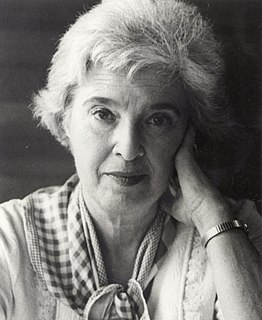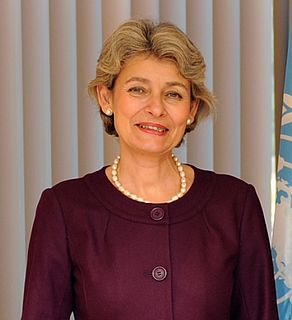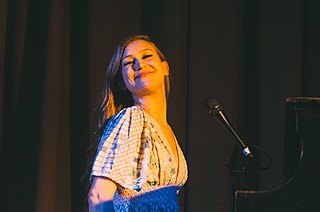A Quote by Archimedes
Man has always learned from the past. After all, you can't learn history in reverse!
Related Quotes
The past is to be learned from but not lived in. We look back to claim the embers from glowing experiences but not the ashes. And when we have learned what we need to learn and have brought with us the best that we have experienced, then we look ahead; we remember that faith is always pointed toward the future.
You have a lot to learn, young man. Philosophy. Theology. Literature. Poetry. Drama. History. Archeology. Anthropology. Mythology. Music. These are your tools as much as brush and pigment. You cannot be an artist until you are civilized. You cannot be civilized until you learn. To be civilized is to know where you belong in the continuum of our art and your world. To surmount the past, you must know the past.
After school, I went to Damascus to study law and history, which I didn't really like. I didn't like history, in particular. In Syria, the regime was trying to present to us a distorted version of the past. Assad was shown as the father of history. So I decided to shift to film, which was something I had always loved as a teenager.
Everything about singing, I learned from busking. Everything I learned about songwriting, I learned from busking. Busking, you learn people, you learn about reading people. You learn about reading the atmosphere of the street. If you stand still in any city long enough, you see everyone pass you by. It's almost like you get to know personality types, just by watching people walk past. You get a sense for things.
We can learn from history how past generations thought and acted, how they responded to the demands of their time and how they solved their problems. We can learn by analogy, not by example, for our circumstances will always be different than theirs were. The main thing history can teach us is that human actions have consequences and that certain choices, once made, cannot be undone. They foreclose the possibility of making other choices and thus they determine future events.
I feel history is more of a story than a lesson. I know this idea of presentism: this idea of constantly evoking the past to justify the present moment. A lot of people will tell you, "history is how we got here." And learning from the lessons of history. But that's imperfect. If you learn from history you can do things for all the wrong reasons.
The history of the genocide perpetrated during the Second World War does not belong to the past only. It is a ‘living history’ that concerns us all, regardless of our background, culture, or religion. Other genocides have occurred after the Holocaust, on several continents. How can we draw better lessons from the past?
Families of privilege and money would have harps in their parlors, and their cultured daughters would learn to play. It's got such a strange history. But that wasn't the context that I learned it in, so the inherent friction between that history and the more humanist folk-y history wasn't in my conscience at all.
We learn in the past, but we are not the result of that. We suffered in the past, loved in the past, cried and laughed in the past, but that's of no use to the present. The present has its challenges, its good and bad side. We can neither blame nor be grateful to the past for what is happening now. Each new experience of love has nothing whatsoever to do with past experiences. It's always new.







































